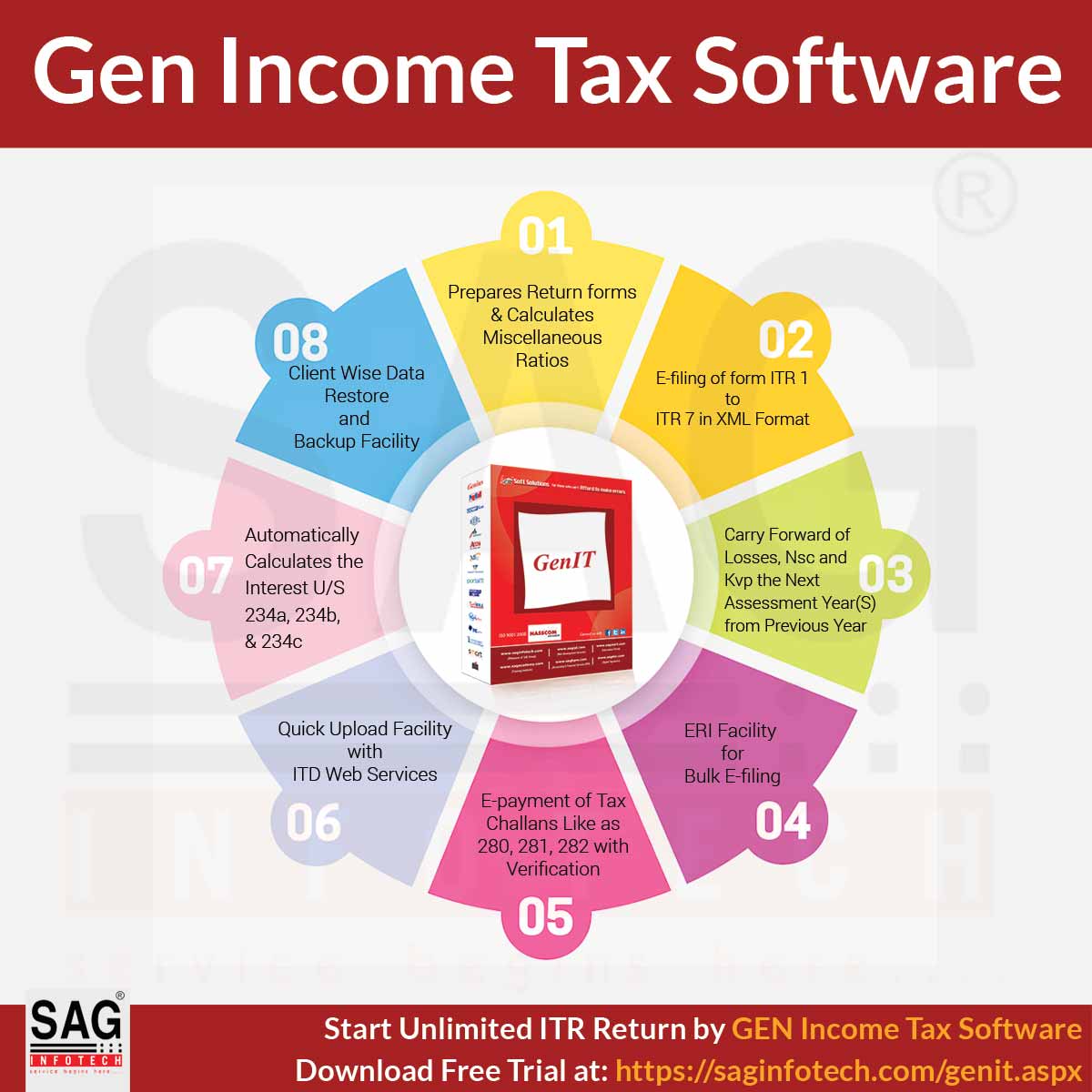
It is vital for NRIs to file their income tax returns on time while living in India. As NRI citizens can make investments, and hold their own bank accounts, house property & other assets in India, they should keep in mind that filing annual returns helps them stay away from any tax penalty and prosecutions.
Essential Points that NRIs While Filing Annual Income Tax Returns
Mentioned below are the points that an NRI should remember when filing income tax returns(ITR) online –
NRI Must Specify the Residential Status While ITR Filing
NRIs must determine their residential tax status in India depending upon their period of stay in the given fiscal year while filing ITR. Residential status is one of the crucial factors for NRIs while filing income tax returns in India. Acclaiming the status of Indian residents by NRIs makes them liable to pay tax against their global income whereas, in the case of non-residents only income earned from sources in India gets taxed.
One must note that the resident test under the Income Tax Act is different from the one given under the FEMA or Foreign Exchange Management Act. Hence, the FEMA residency test should not be considered by individuals for tax purposes.
NRI Select the Right ITR Return Form
The Indian government has introduced the ITR-1 Form to reduce the burden of compliance for taxpayers in the country. In the case of NRIs, they can also file simpler ITR-1 for tax returns. However, such NRs should also total annual income of less than INR 5 million. ITR-1 is also applicable for individuals who earn income from their salary, single-house property and other sources like interest. Those who don’t fall under the ITR-1 category and have taxable income from more than one house property should file ITR-2.
Aadhar Number is Not Mandatory for NRIs
As per the Central Board of Direct Taxes (CBDT), it is not mandatory for NRI citizens living in India to mention their Aadhar details while filing tax returns. Individuals who are not residents of India are not required to put their Aadhar number in ITR as per section 139AA of the Income Tax Act.
Put Accurate Details Concerning Assets and Liabilities in ITR
NRIs, having a total income above INR 5 million must furnish cost details of certain assets ( both movable and immovable) located in India and their corresponding liabilities, as per the assets and liabilities (Schedule AL). The schedule is mentioned under ITR 2,3 and 4.
Disclosing Foreign Bank Account is Optional in ITR
As per the CBDT statement dated 24 July 2017, it is not mandatory for non-residents or non-citizens in India to disclose details about their foreign bank account in ITR, if they do not claim a tax refund.
Those non-residents who claim a tax refund under ITR but do not have a bank account in India should mention details of the latest foreign account for refund issuance. Further, disclosing details in ITR about assets and financial interests held outside India is also not mandatory for NRIs.
Filing ITR is Mandatory in Case of Exempt Long-Term Capital Gain (LTCG)
The non-resident citizens must know that if their exempt LTCG income is more than the basic tax exemption limit, i.e., INR 250,000 then filing an ITR is mandatory for them. This also applies even if their total taxable income is below the tax threshold limit.
For example, if an NRI has exempted the long-term capital gains income of INR 600,000 and there is no income from other sources, he/she would still be required to file tax returns as the exempt LTCG exceeds the INR 250,000 threshold.
Benefits of Nil ITR Filing for NRIs
For non-resident Indians (NRIs) navigating the intricacies of global taxation could be daunting certainly when dealing with India’s intricate tax laws. In between the seemingly easier chores of filing an ITR, there is an important part that needs attention– filing a Nil ITR. The article mentions the cause behind the necessity and the method that shall contribute to the peace of mind of NRIs.
Basic Learning About Nil Income Tax Return Filing for NRIs
As per the Indian tax laws, the NRIs should file the ITR when they secure a taxable income in India. But the same mandate is apart from just consideration of income. Despite when the income of NRI is not taxable in India which has higher transaction value or particular expenditure such as property dealings or substantial credit card payments could still require return filing.
Tax Professionals Consultations
It might be challenging to learn the intricacies of Indian tax laws certainly for the NRIs who are not familiar with the insight information. For the NRIs, it is to be suggested to take a tax counsel professional to learn their tax obligations precisely and to ensure the timely filing of the returns.
Financial and Loan Application Services
The NRIs for loans or additional financial services in India face scrutiny from the financial institutions. The identical procedure shall get streamlined through an effective documented history of filing the NIL income tax returns. It is directed as a testament to the person’s financial obligation, accelerating approval procedures for loans and other financial instruments.
Actual Reason to File a Nil ITR
Apart from compliance, practical reasons for the NRIs to file the NIL income tax returns are there. A substantial benefit is avoiding litigation and notices from the tax department. The Indian tax system is a more attentive and proactive approach in return filings, despite nil income that could limit NRIs from unnecessary traps.
Building the Financial Existence
For the NRIs filing a Nil ITR becomes an important tool in building their financial presence in India. Whether for prospective financial planning or submitting a complete financial history at the time of application for the loan or the additional financial services purposes the same documented evidence secures the instrumental importance.
Subsequent Financial Planning
NIL income tax return filing implications extend beyond the immediate liability. Developing a clear financial history authorizes NRIs to be more knowledgeable about future financial planning. The same forecasting obtains specific relevance since NRIs consider investments, savings, and other financial decisions under the Indian norms.
Final Words: The taxpayers (both resident and non-resident individuals) in India should file their income tax returns on time to avoid any heavy penalties and interest imposed by the government. For NRIs, they should furnish all the necessary details in the most appropriate manner during ITR filing and must do it before the due date. Remembering the above-given points can smoothen the return filing experience of NRIs. Voila..!!
